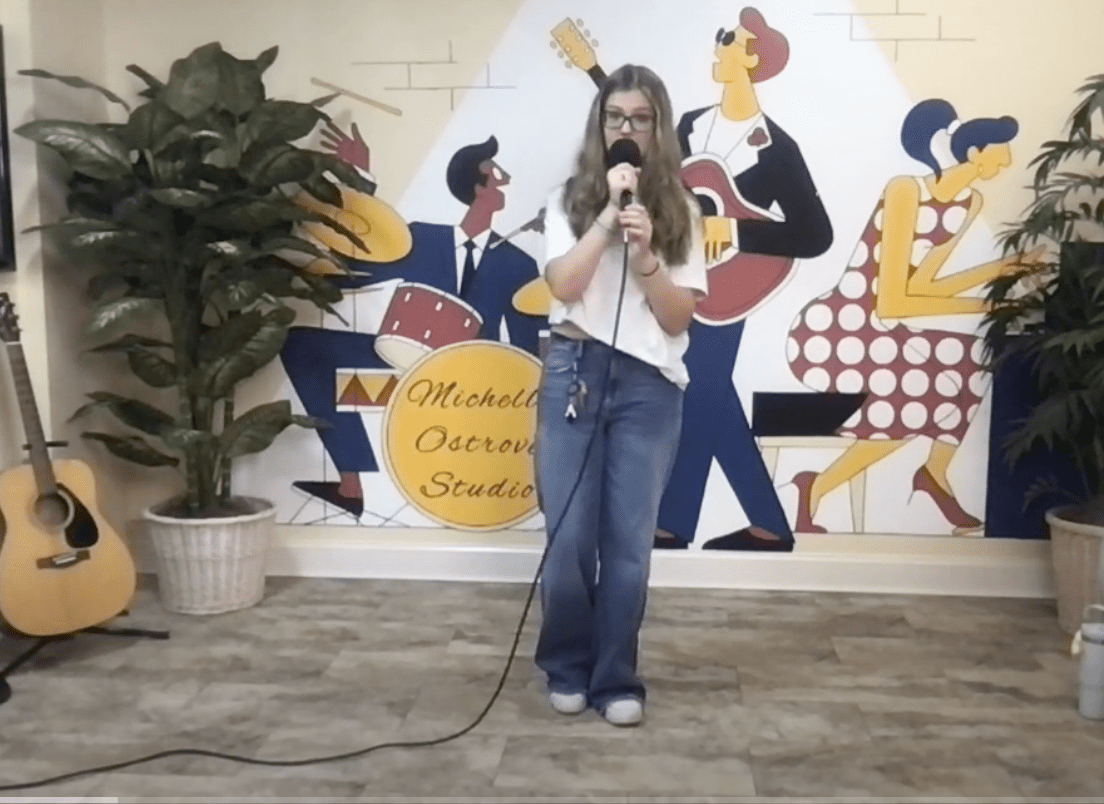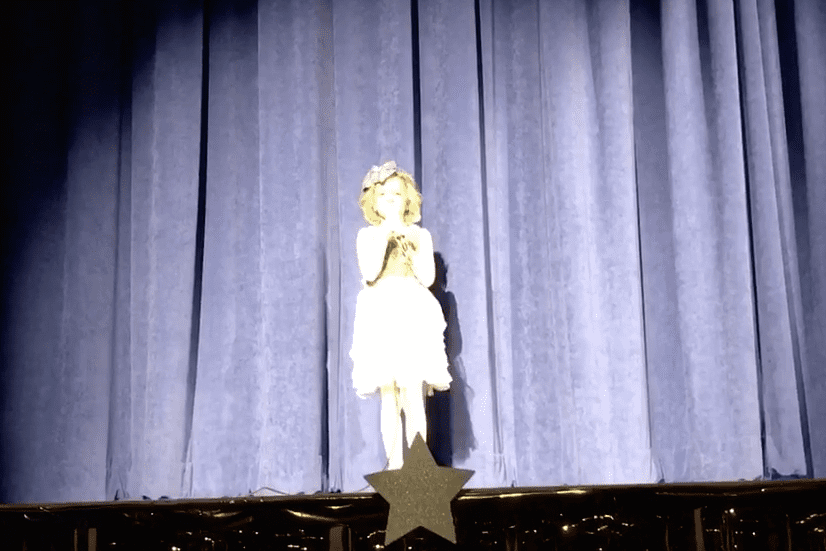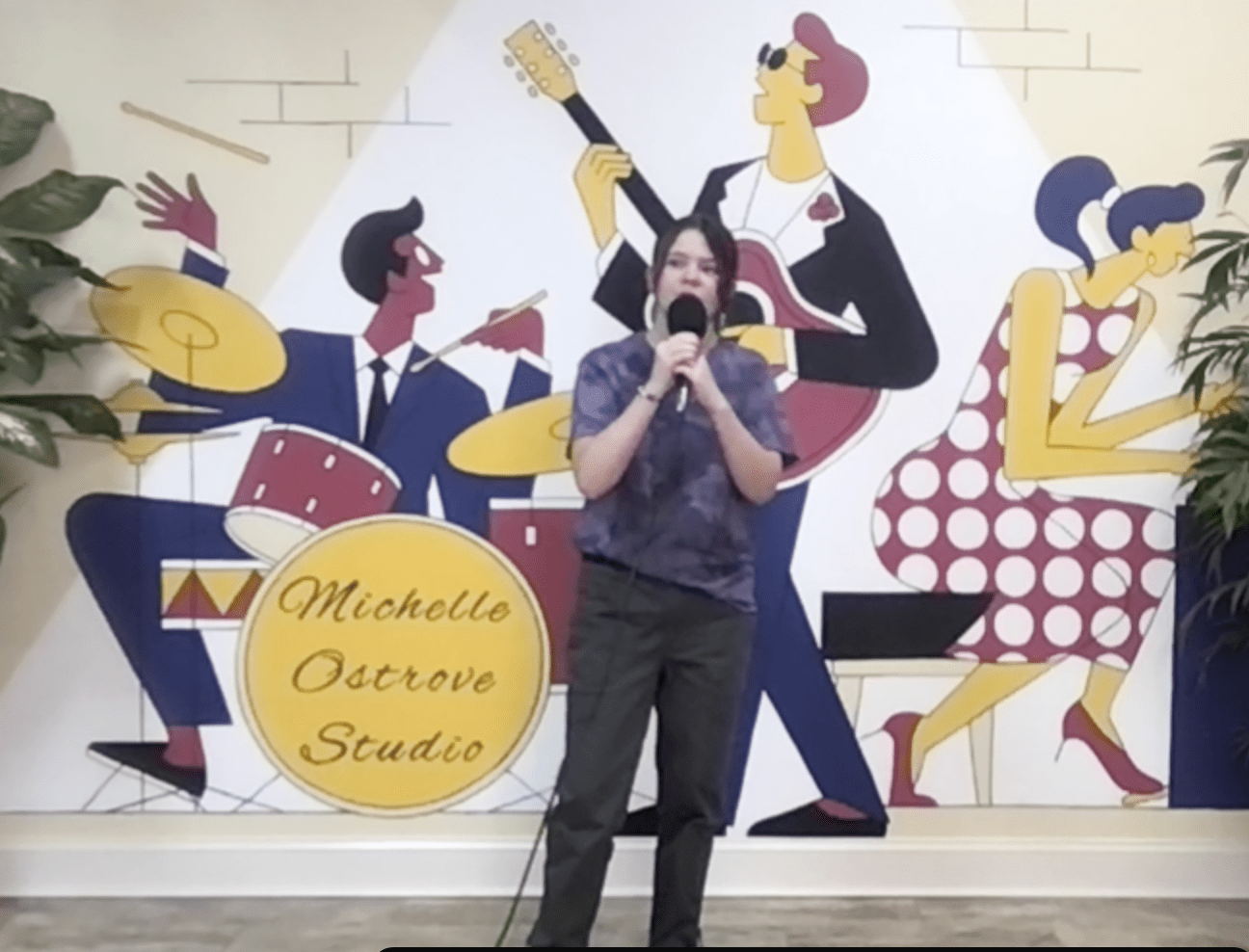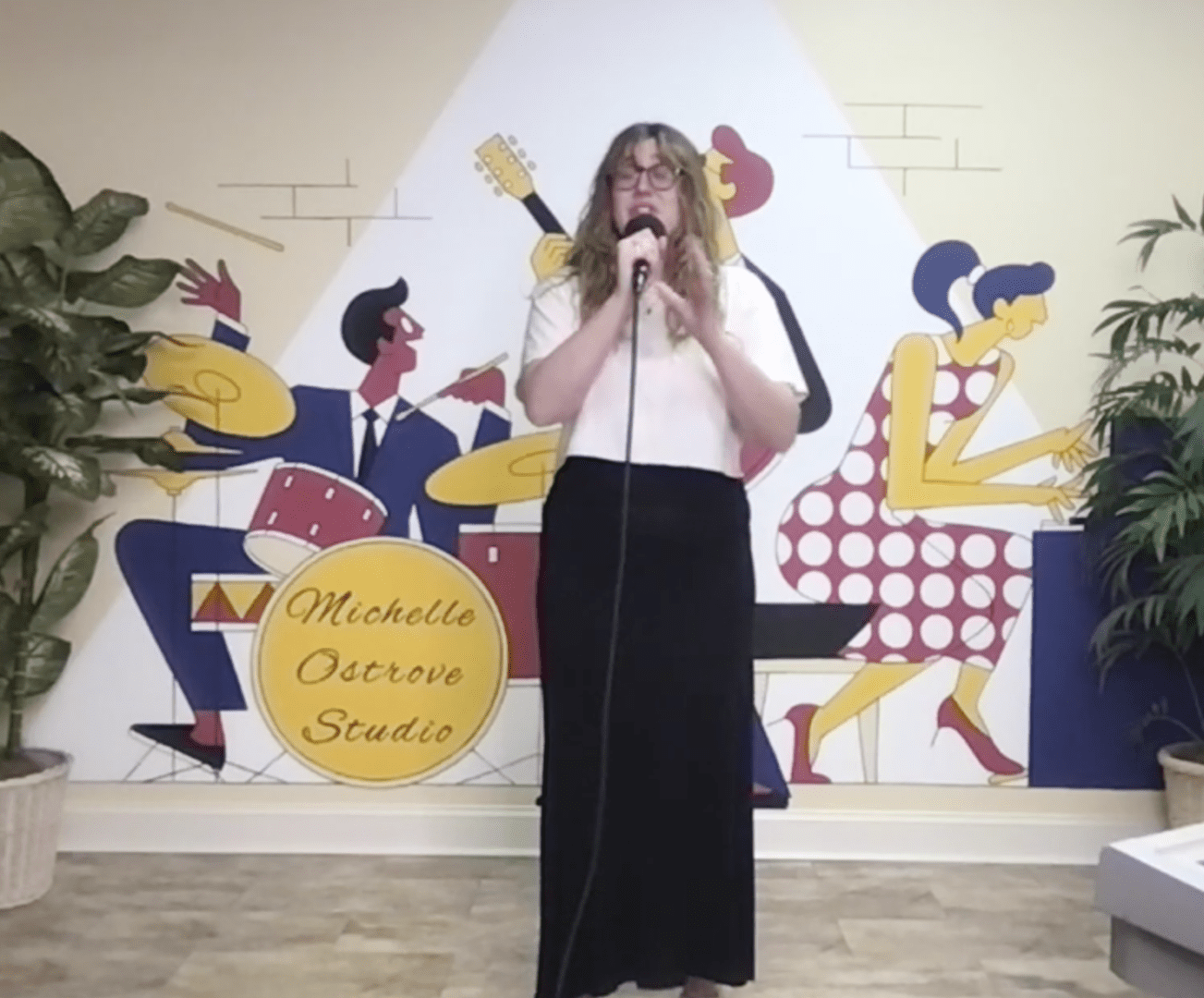Michelle Ostrove Vocal & Piano Studio
When it comes to vocal technique, breath control and pitchy accuracy often get the spotlight. But one of the most powerful tools a singer can use to improve tone, clarity, and resonance is often overlooked: vowel shaping. Whether you’re performing classic arias, belting out musical theatre, or riffing in pop and R&B, how you form your vowels can make or break your sound. What Is Vowel Shaping? Vowel shaping refers to. The way a singer modifies the shape of their…
Read MoreIf you’ve ever felt like your voice “cracks” or flips when moving from chest to head voice, you’re not alone. That’s where mixed voice comes in, a balanced blend between your chest and head registers that allows for seamless, powerful singing across your range. Strengthening your mixed voice can transform your vocal ability, giving you the flexibility to sing high notes without strain and low notes with ease. What is Mixed Voice? Mixed voice is the middle ground between chest…
Read MoreThe voice changes in boys and girls during puberty does not happen overnight. It’s a gradual change during the process. Here’s what to expect: In Boys In Girls Challenges and Adjustments For many children, especially boys, the voice change during puberty can be a source of discomfort or embarrassment. The sudden and unpredictable cracking or squeaking of the voice can make them self-conscious. It’s not uncommon for boys to feel frustrated when their voice “betrays” them during a conversation or…
Read MoreWhat Happens to a Child’s Voice During Puberty? Puberty is a period of rapid physical and emotional growth, one of the most noticeable changes is the transformation of a child’s voice. It’s a process that may seem almost magical from the outside. For children going through it, it can feel confusing, uncomfortable, and awkward at times. So, what exactly happens to a child’s voice during puberty, and why does it change so dramatically? The Science Behind the Voice Change At…
Read MoreYou know that feeling, when listening to someone else sing and think, I wish I sounded like that. Maybe it’s the power in their belt, the crystal clarity of their tone, or the cool rasp in their voice. It’s natural to admire other voices. But here’s a truth that often gets buried in self-doubt: The very things you think make your voice “weird” or “less than” might actually be your superpower! Experiment and Play Play is where discovery happens. Try…
Read MoreThe epiglottis is a small, leaf-shaped flap of cartilage located at the base of your tongue, right above your larynx (voice box). It acts like a gatekeeper for your airway. When you swallow, the epiglottis folds over your windpipe (trachea) to keep food or liquid from going down “the wrong pipe.” Instead, everything gets directed safely into your esophagus. What The Epiglottis Does When You Sing The epiglottis plays a subtle but important role in vocal tone, resonance, and breath…
Read MoreWhether you’re a seasoned singer or just starting to explore your voice, you’ve probably heard the term resonator. It sounds technical, maybe even a little mysterious. But don’t worry, resonators are not nearly as intimidating as they sound. In fact, they’re a natural part of your body and play a huge role in shaping your unique vocal sound. A resonator is essentially any space in your body where sound can bounce around and be amplified after it leaves your vocal…
Read MoreVocal health is a crucial aspect of communication, yet men and women experience different challenges due to variations in anatomy, hormones, and lifestyle. Understanding these differences helps in better vocal care and prevention of common issues. Common Vocal Issues in Men vs. Women Both men and women can suffer from common vocal disorders, but the frequency and causes often vary. Vocal nodules (callus-like growths from vocal overuse) Laryngitis (inflammation of the voice box, often linked to hormonal changes) Vocal fatigue…
Read More








